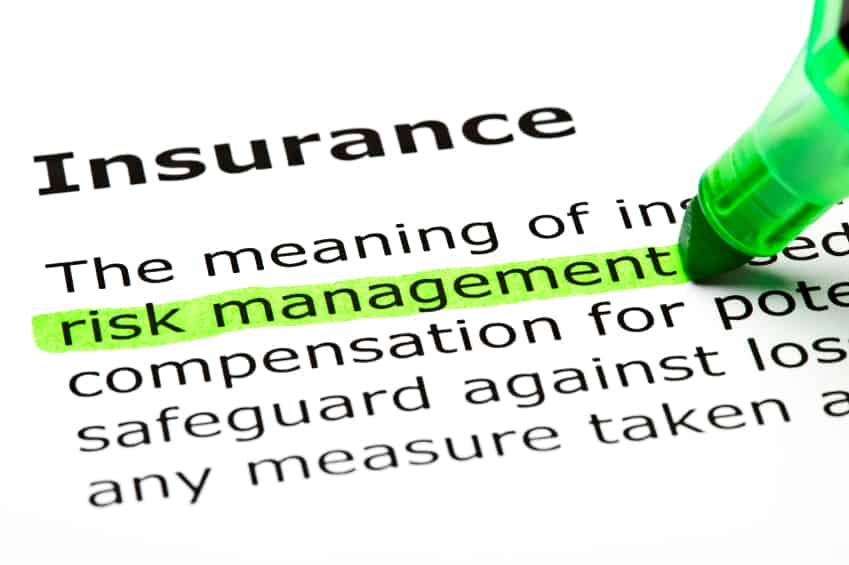How Coronavirus May Affect Home And Renter Insurance

Among the most severe repercussions of the coronavirus spread, which led to a record 3 million jobless claims for the week of March 16, is Americans’ ability – or, perhaps, inability – to pay for the insurance of their personal property if they are currently experiencing financial hardship.
As a result, a string of insurance companies have offered temporary payment suspensions to their homeowner and renter clients, who may also benefit from the rent and mortgage forbearance instituted on various governmental levels, including the federal CARES Act.
“It’s actually a very pro-consumer thing to do,” says Andy Taylor, general manager of Credit Karma Home. “Most [insurers] are doing it willingly. But even if they’re, states like California have actually imposed or at least called for a 60-day grace periods on the payments of insurance premiums.”
Liberty Mutual, for instance, states, “We have empowered our employees to work with each individual customer to provide the personalized support you need. For auto and home insurance customers who are negatively impacted by coronavirus, we are extending payment dates and waiving fees.”
How to process claims
Such accommodations mirror the policies insurers commonly follow during natural disasters, which may not only preclude citizens from paying their premiums but generate a spike in claims for property damages.
Claims form another facet of home and renter insurance that has come under pressure during the COVID-19 outbreak, albeit for different reasons than the usual backlog that, say, flood or fires tend to produce.
“Now in this case, it’s not so much that there’s a lot of claims occurring, but it’s simply the matter that there’s actually a physical impediment in terms of the claims being resolved or inspections being resolved,” says Fabio Faschi, property and casualty team lead at Policygenius, a national personal insurance marketplace.
Because of the “shelter in place” orders and “work from home” guidelines that have permeated the country this month, insurers might not be able to dispatch assessors to settle claims. Some, however, continue to perform exterior inspections, while others are adopting virtual video-enabled alternatives.
When it comes to the use of technology to adjudicate claims, renters insurance packages usually offer more flexibility than their home counterparts.
“Renters insurance is a very common product in which insurance companies are more liberal in terms of assessing claims by having the client simply provide evidence of the loss via photo or video rather than have an actual inspection,” says Faschi. “I think the [broader] market hasn’t largely evolved to that extent because, obviously, for more significant claims, the insurance companies generally go and do a thorough inspection of the property.”
Could staying home lead to more claims, require liability coverage
Because a slew of Americans (together with their children and pets) now spend more time in their homes that they normally would, regular wear and tear may as well compound into property damages that require the filing of claims.
“The more time you spend in a place, the more likely that something could actually happen, whether it’s you using appliances or whatever else it might be,” says Faschi.
Another aspect of being largely housebound is the possibility of bodily injury on the property. Think, for instance, about the unfortunate scenario in which a food delivery man (whom you may rely more on nowadays as you are self-quarantining) slips on your iced-over porch and breaks his arm. Liability coverage could suddenly become paramount.
But such protection might also trigger unique queries today, when a virus is threatening people’s health. What may occur if someone allegedly catches COVID-19 in your house?
“Could you potentially be held liable for getting someone else infected,” says Faschi. “Now, this is a much bigger question to be held, because when we go into the legal approaches of determining the liability on disease, this is already a very big area of contention.”
Yet, this might not necessarily be an issue for home and renter insurance providers to solve. “Importantly, many homeowners and renters insurance policies have virus and pathogen exclusions, which could be applicable to liability, loss of use, physical damage and other coverages,” says a spokesperson for Farmers Insurance.
Nonetheless, despite the unprecedented social measures adopted to prevent the spread of the coronavirus, Credit Karma’s Taylor says this might be an opportune time for individuals to evaluate their home or renter insurance – and shave off any unnecessary expenses that drain their wallets. Especially so when the coronavirus is financially undermining many households.
“Talk with your insurance provider, walk through the coverage that you have, and see if it’s adequate or maybe it’s an overkill,” Taylor says. “If you happen to be the owner of an Airbnb and all of a sudden you find that that rental is now vacant for the months of March and April, then maybe you don’t need an extra Airbnb rental coverage for those two months, and you can save a little bit of money.
“Really, having that honest conversation with your insurance provider could go a long way of helping you save a little bit more.”
Source: forbes.com















 Accessibility
Accessibility